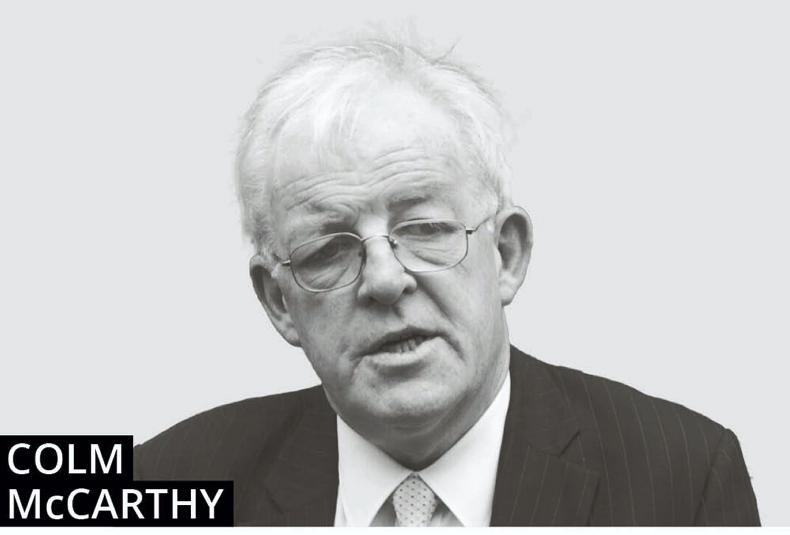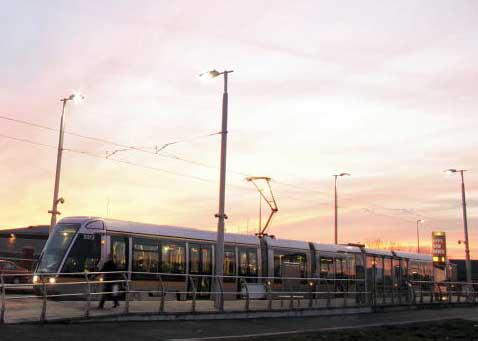Aer Lingus can expect further support from the Government should it be needed.
Speaking in the Dáil two weeks ago, Tánaiste Leo Varadkar reassured deputies: “I say very clearly that Aer Lingus will not be allowed to fail. It is already receiving substantial financial support from the Government, both through the employment wage subsidy scheme and funding through the Ireland Strategic Investment Fund. Confidential discussions are under way involving the Minister for Finance and the Minister for Transport, Deputy Eamon Ryan, on further support for the company so it can be there when we need it again.”
Europe’s airline industry is facing a second round of bailouts, through fresh calls on shareholders as well as more funds from governments.
It could be 2022 before airlines can even cover operating costs and industry experts worry that 2019 traffic volumes will not be seen again for five or six years.
The legacy flag carriers have been supported by governments even though most had transferred fully into private sector ownership by the time COVID-19 struck.
Aer Lingus is nowadays a wholly owned subsidiary of the publicly-listed International Airlines Group, which also owns British Airways, the Spanish flag carrier Iberia and the Barcelona-based, no-frills carrier Vueling.
Aer Lingus publishes its own distinct accounts and lost €361m on operations last year. The Government has lent €150m to the Aer Lingus company (not to the IAG parent) repayable in three years through the Ireland Strategic Investment Fund, a unit of the National Treasury Management Agency (NTMA).
It could be 2022 before airlines can even cover operating costs and industry experts worry that 2019 traffic volumes will not be seen again for five or six years
The NTMA’s Conor O’Kelly declined to comment on the rate attached to the loan. “This is a commercial investment,” he said. “It is not State aid.”
Commercial banks are not enthusiastic lenders to airlines in current circumstances and it is difficult to assess what would constitute a ‘commercial investment’.
State support
In several European countries, state support for airlines in trouble has taken complicated forms, including straight equity injections, loans and credit guarantees and the detailed terms in several cases have been revealed, since the deals required European Union sign-off.
The Lufthansa group owns Swiss and Austrian Airlines and the governments in both countries have supported their local Lufthansa subsidiary. The German government, in a complex deal, has ended up with a 20% equity stake in the listed parent company.
Both British Airways and Iberia have received separate support from the British and Spanish governments. It has not been revealed whether the Irish State loan to Aer Lingus enjoys a parent guarantee from IAG. Since the circumstances which would jeopardise the Aer Lingus loan, a prolonged pandemic and delayed recovery, would also damage the whole IAG group, a parent guarantee might not add anything by way of credit enhancement, and it may not have been sought.
The European airline industry now consists of six major players. These are the IAG and Lufthansa groups and the Air France/KLM combination, legacy carriers with a substantial long-haul business and strong hubs in the principal cities of their former state owners.
Short-haul market
There are three large budget carriers, Ryanair, easyJet and Wizz, which dominate the short-haul market. The pandemic has seen the demise of another budget carrier, Norwegian, and of several smaller airlines.
The three budget operators are truly pan-European – their networks span the continent, which means that they are nobody’s children when it comes to bailout. Not so the combinations of former state airlines.
British Airways is based on its hub at Heathrow, Air France at Paris Charles de Gaulle, KLM at Amsterdam, Iberia at Madrid and Lufthansa at Frankfurt and Munich.
The European airline industry now consists of six major players
Aer Lingus has a network consisting almost entirely of flights from and to Dublin.
Governments will worry that their cities will lose connectivity should these airlines fold. The Irish Government does not care about the solvency of IAG group, it cares about the loss of Aer Lingus and the disruption to service, at Dublin in particular. The Spanish government worries only about Iberia and the other European governments about their estranged offspring, now the property of multinational groups.
If these groups go under, the governments would like to save only the piece which matters locally, and a calamity for the industry would see them scramble to carve out their former national airlines from the wreckage.
They must know that they are exposed to this risk and that the financial support already provided, with more promised, is risky lending.
There is an upside – the industry could recover quickly – but the governments do not have an entitlement to any share of the improvement.
In the case of Aer Lingus, the shares in IAG, down two-thirds since the pandemic struck, would recover but the helpful Irish Government does not own any. The commitment to help Aer Lingus would be better balanced if the government sought some free share options in IAG, a slice of the upside.









SHARING OPTIONS